Facebook GlobalCoin: Why is Mark Zuckerberg launching his own cryptocurrency to rival bitcoin? | The Independent
Facebook is edging closer to starting its own cryptocurrency, with an aim to launch as soon as next year, a report has claimed.
But how has the social media giant dealt with cryptocurrency until now?
In January 2018, Facebook announced a blanket ban on all ads related to bitcoin. It was a strong stance against the unregulated, so-called wild-west world of cryptocurrency, and some feared it was an attempt to silence the nascent space. But secretly, the social network was actually planning its own version of the virtual currency.
Less than a year after the ban was lifted, details about what this cryptocurrency might look like have emerged. GlobalCoin, as it is reportedly called, may be about to upend the entire payments industry.
The social network, which is used by more than two billion people around the world, has sought advice from the Bank of England and US Treasury about how the virtual currency could integrate with existing payment systems.
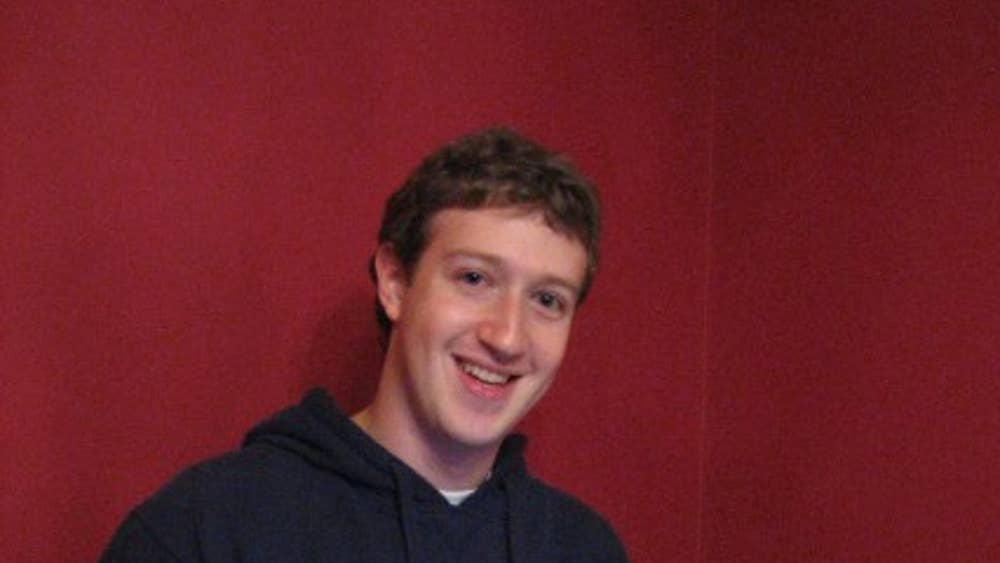

1/15 Facebook is born
On 4 Feb, 2004, 19-year-old Harvard student Mark Zuckerberg launched a website called ‘TheFacebook’ from his dorm. Within 24 hours the college social network had more than 1,000 users
Wikimedia Commons
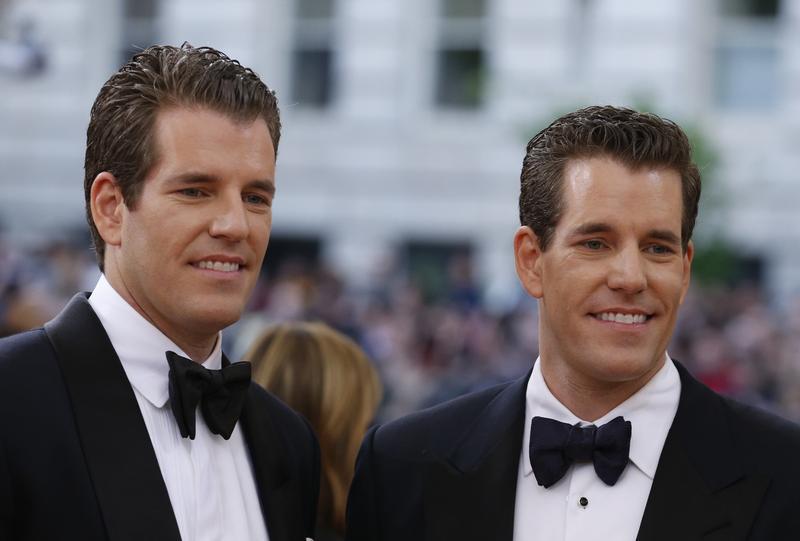
2/15 Winklevoss twins sue Zuckerberg
Within one week of launching, fellow Harvard students Cameron Winklevoss, Tyler Winklevoss and Divya Narendra accused Zuckerberg of stealing their idea. It would be four years later when the resulting lawsuit was finally settled

3/15 Open for business
The social network finally opened it platform to everyone on 26 September, 2006. The move proved the catalyst in supercharging the site’s already explosive growth
PA
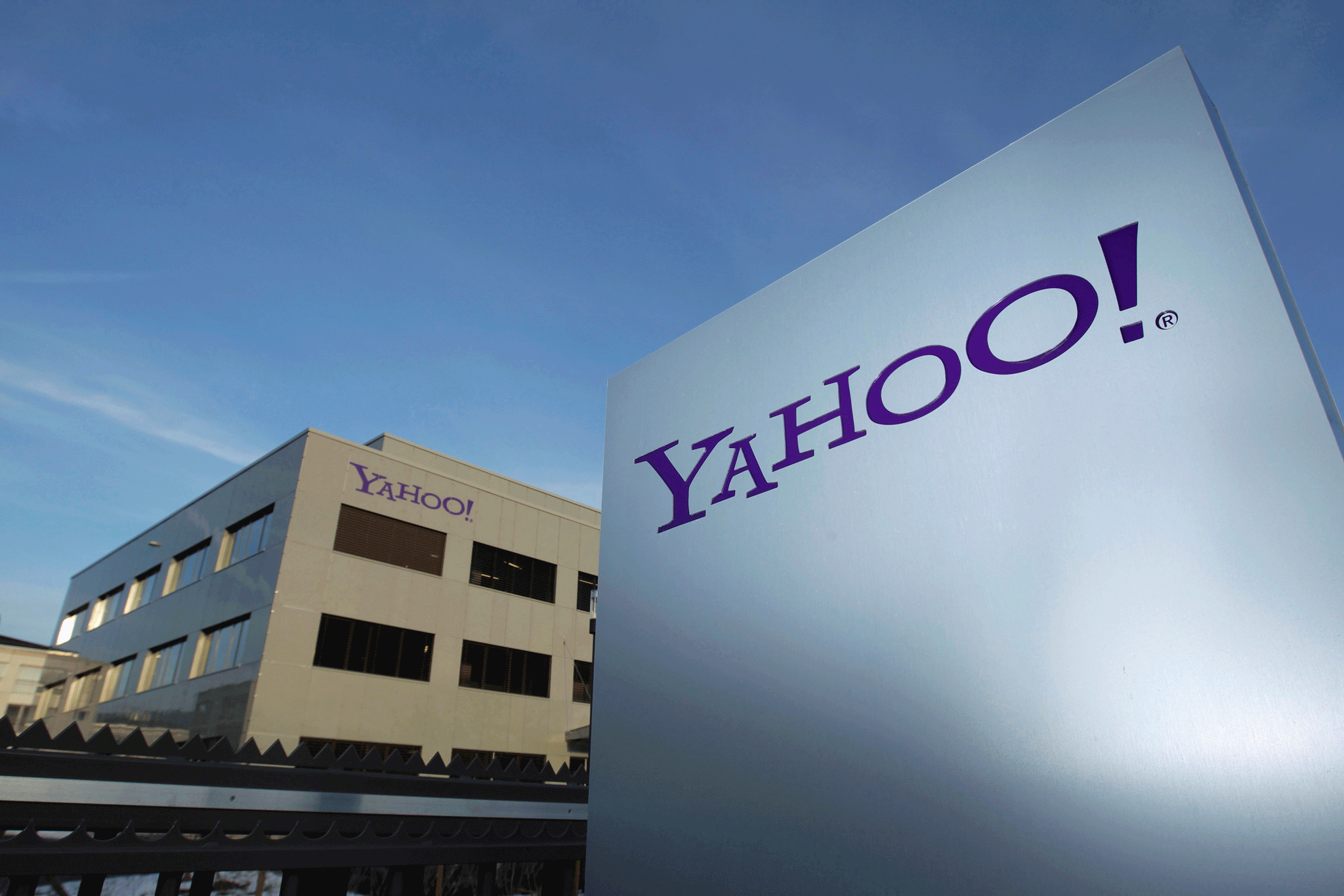
4/15 Billion-dollar bid
Yahoo offered $1 billion to buy Facebook in September 2006 but Zuckerberg turned it down. ‘I don’t know what I could do with the money,’ Zuckerberg reportedly said. ‘I’d just start another social networking site’
Reuters
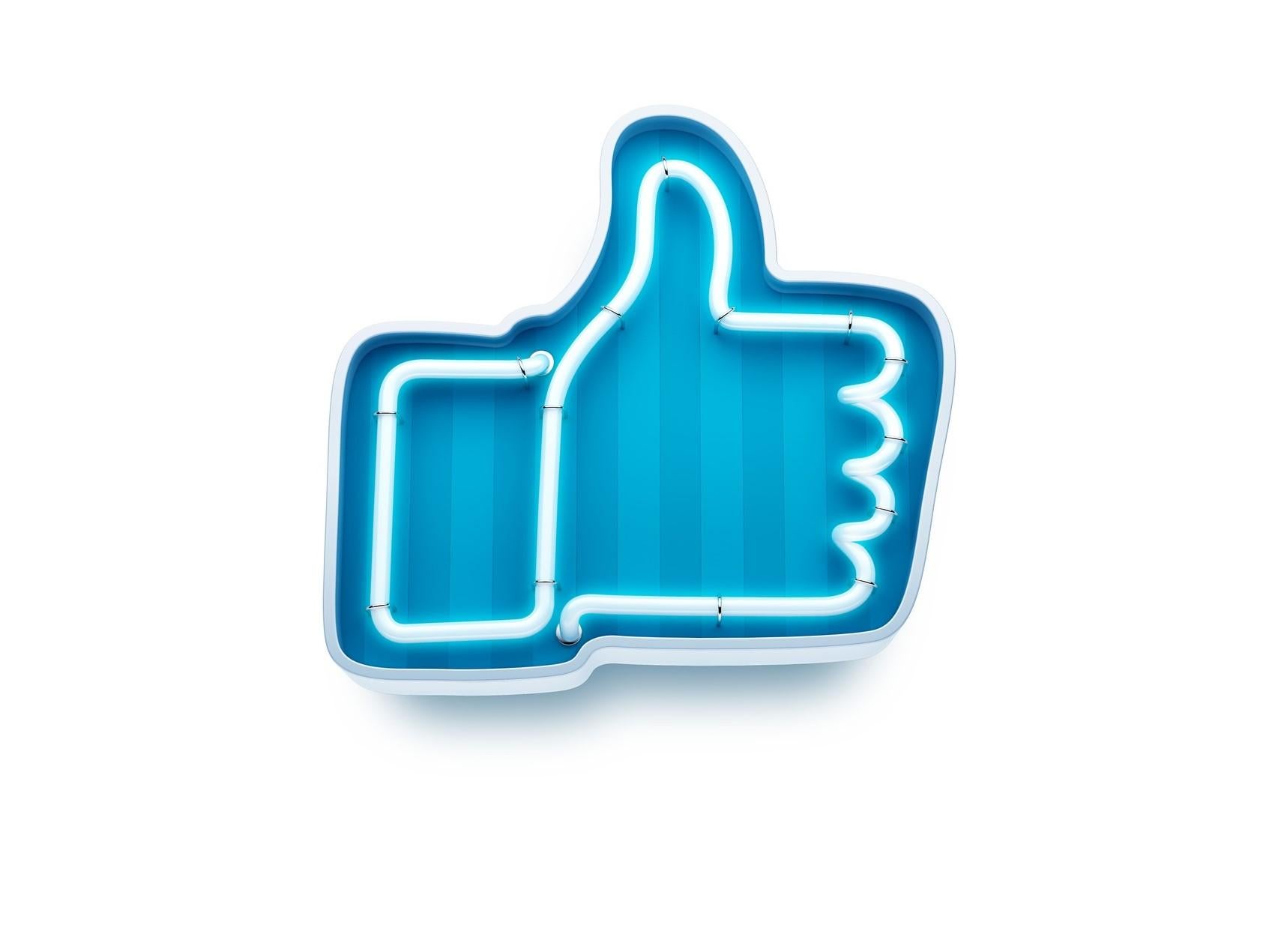
5/15 In the money
In September 2009, almost five years since the site launched, Facebook turned a profit for the first time
Getty Images/iStockphoto

6/15 Taking the lead
Facebook overtook MySpace in 2010 to become the world’s most popular social network
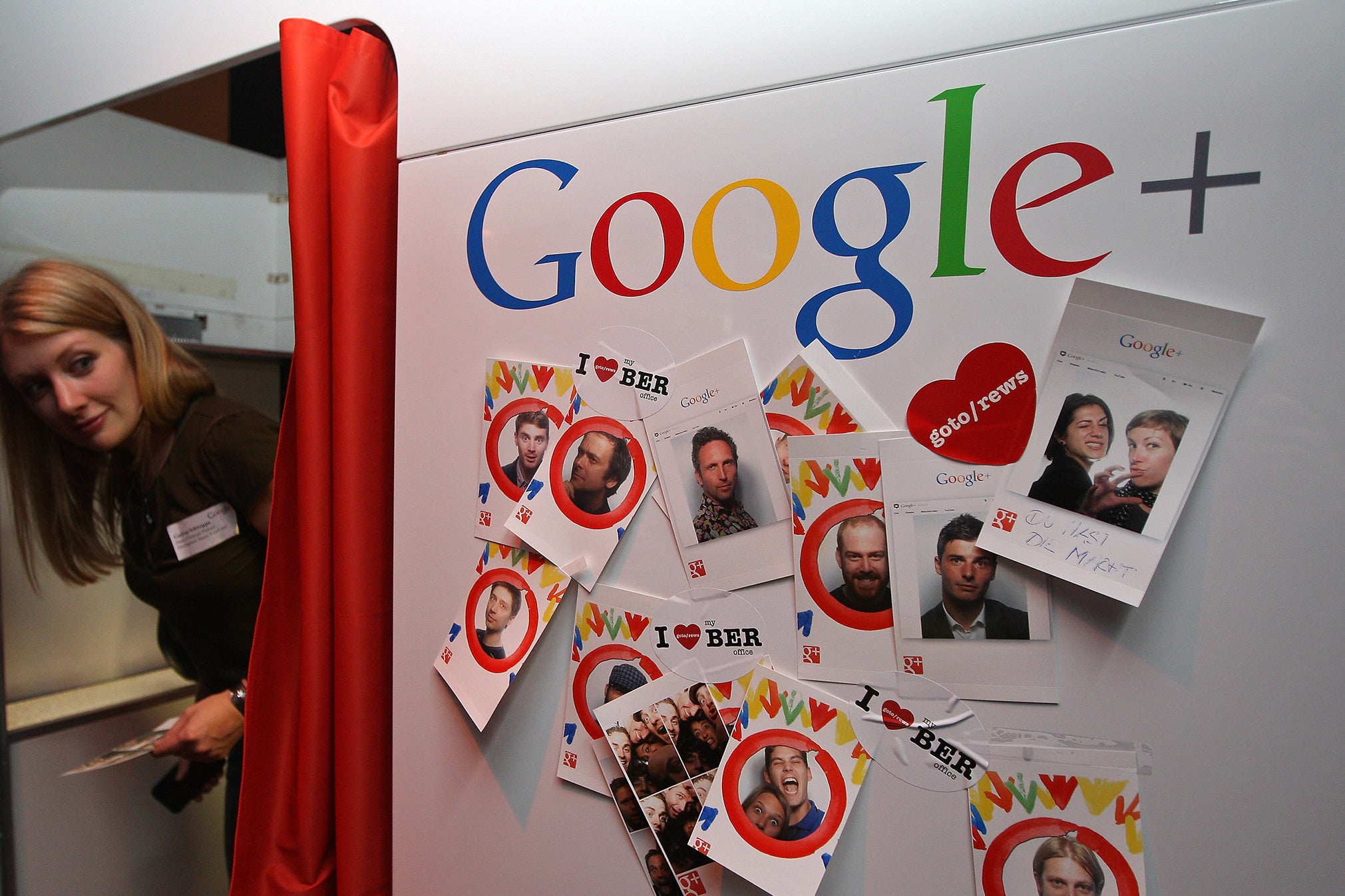
7/15 Taking on the tech giants
In 2011, Google launched its own social network that it hoped would knock Facebook from its perch. Despite its initial success, Google+ ultimately failed and will be shut down completely in 2019
Getty
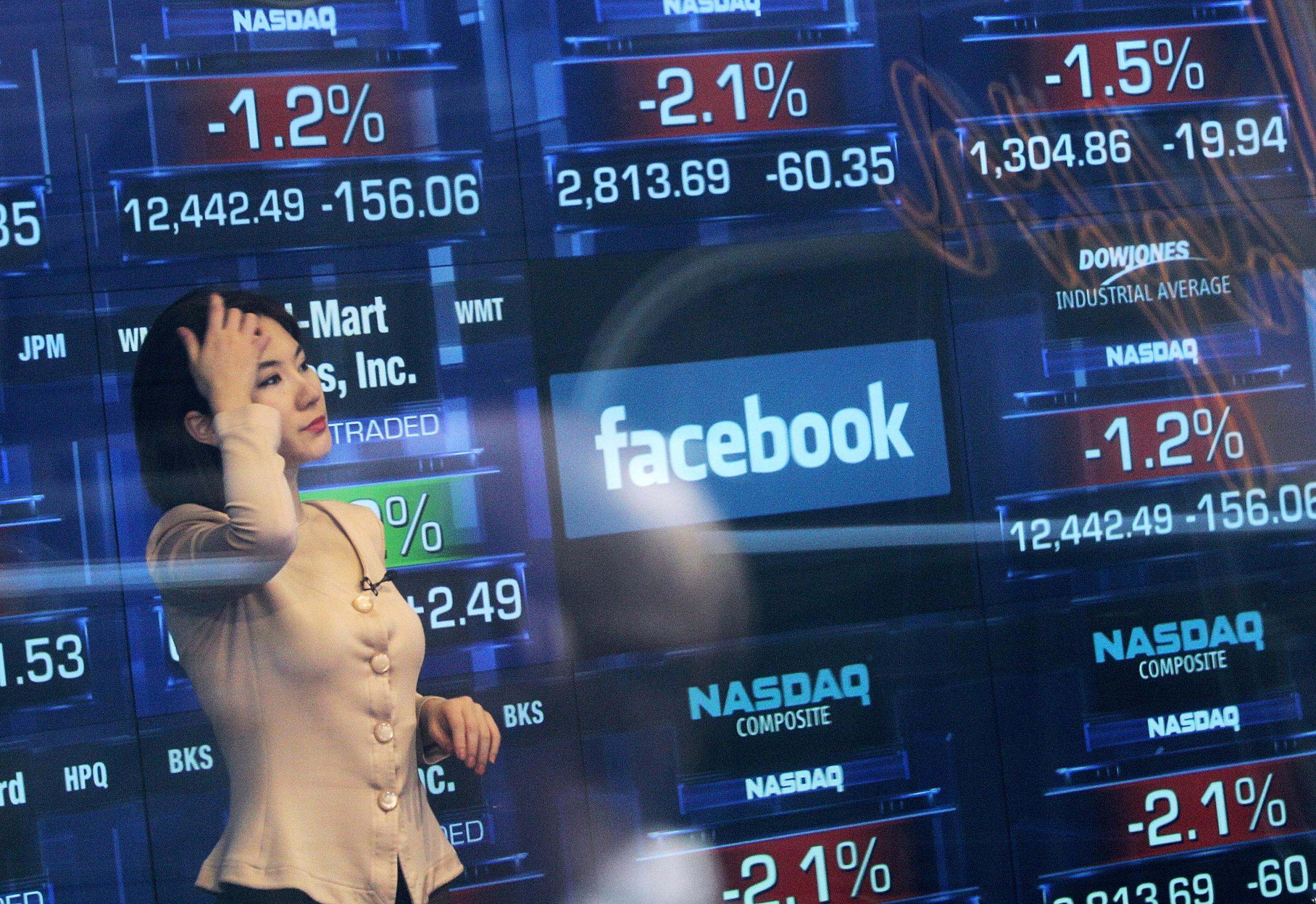
8/15 Facebook goes public
On 18 May, 2012, Facebook went public. The initial public offering raised $16 billion – the third largest in US history
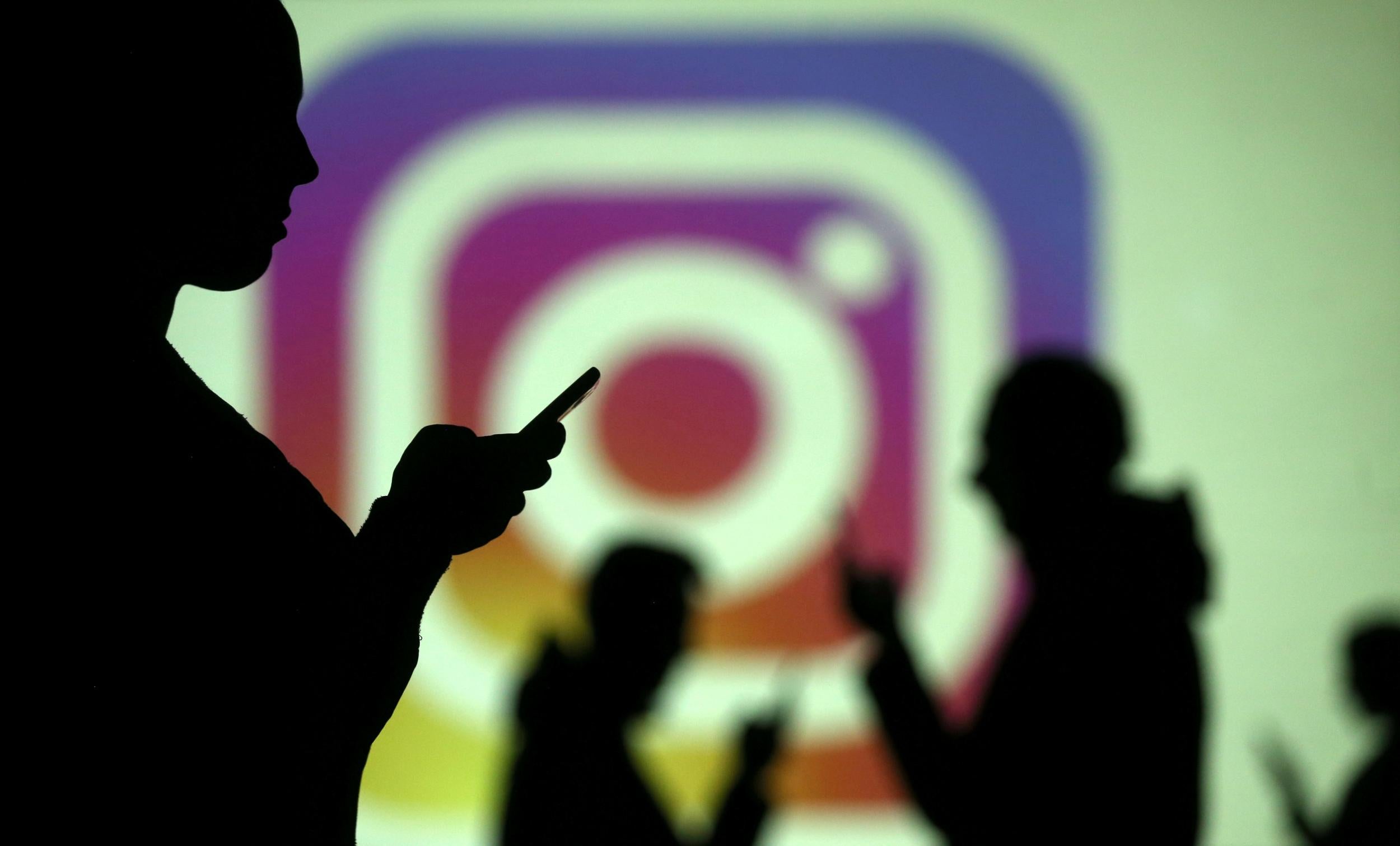
9/15 Gobbling up the competition
Facebook acquired Instagram in April 2012 for $1 billion, consolidating its position as the world’s leading social network
Reuters
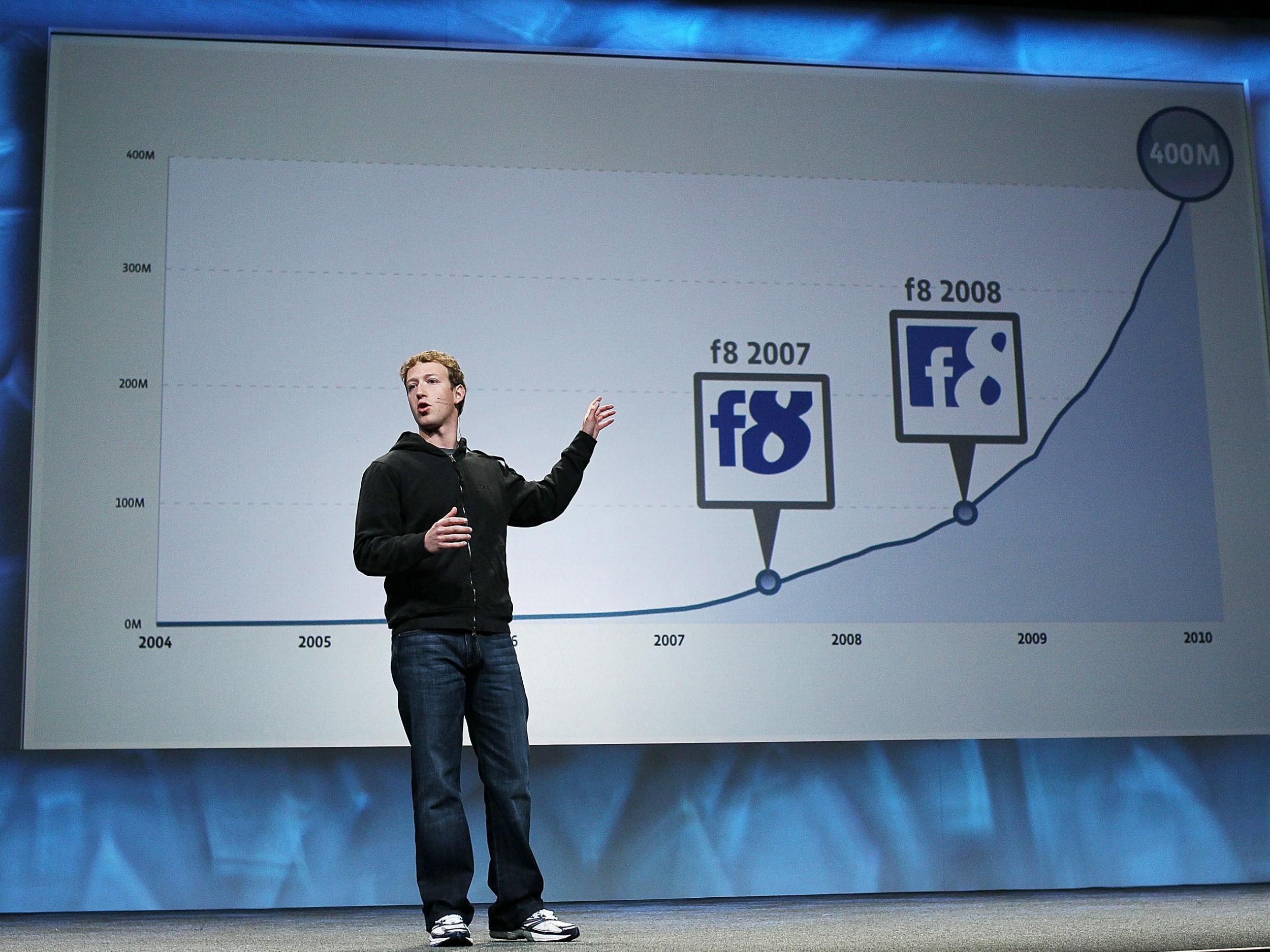
10/15 One billion users
On 4 October, 2012, Zuckerberg announced that Facebook had hit 1 billion users. ‘If you’re reading this: thank you for giving me and my little team the honour of serving you,’ he wrote in a blog post
Getty Images

11/15 Expanding its empire
In February 2014 Facebook acquired the messaging app WhatsApp for $19.3 billion
REUTERS/Dado Ruvic

12/15 Two billion users
In June 2017, Facebook passed the 2 billion user milestone
REUTERS/Dado Ruvic

13/15 Privacy scandal
On 17 March 2018, news broke that UK firm Cambridge Analytica had harvested data from around 87 million Facebook users for the purpose of political profiling in the build up to the 2016 US presidential elections
Shutterstock
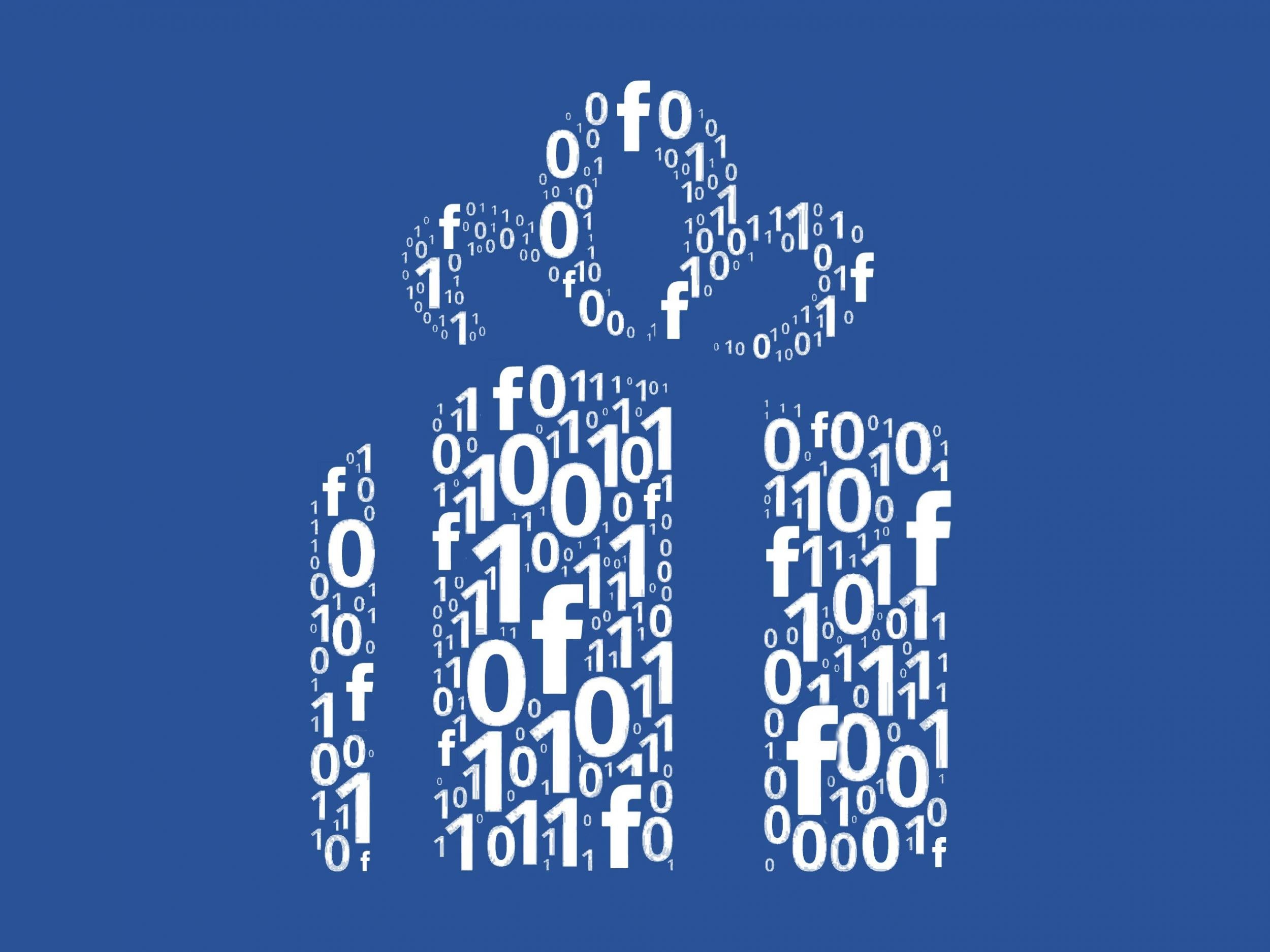
14/15 Record profits
Despite the scandals and subsequent #DeleteFacebook campaign, Facebook posted record profits just before its 15th anniversary, the equivalent of $7.37 from each of its 2.32 billions users
iStock/Independent
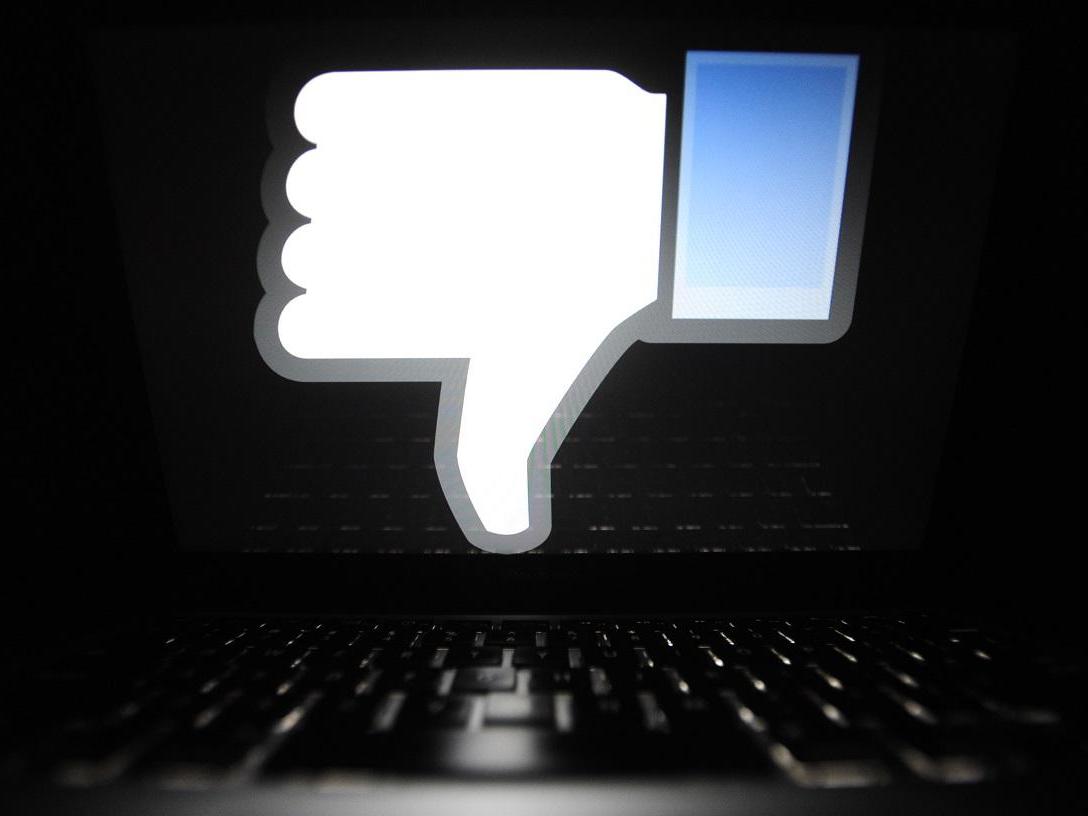
15/15 Unhappy users
A study found that people are happier when they don’t use Facebook, adding to mounting evidence surrounding the impact social media has on mental health
Rex Features

1/15 Facebook is born
On 4 Feb, 2004, 19-year-old Harvard student Mark Zuckerberg launched a website called ‘TheFacebook’ from his dorm. Within 24 hours the college social network had more than 1,000 users
Wikimedia Commons

2/15 Winklevoss twins sue Zuckerberg
Within one week of launching, fellow Harvard students Cameron Winklevoss, Tyler Winklevoss and Divya Narendra accused Zuckerberg of stealing their idea. It would be four years later when the resulting lawsuit was finally settled

3/15 Open for business
The social network finally opened it platform to everyone on 26 September, 2006. The move proved the catalyst in supercharging the site’s already explosive growth
PA

4/15 Billion-dollar bid
Yahoo offered $1 billion to buy Facebook in September 2006 but Zuckerberg turned it down. ‘I don’t know what I could do with the money,’ Zuckerberg reportedly said. ‘I’d just start another social networking site’
Reuters

5/15 In the money
In September 2009, almost five years since the site launched, Facebook turned a profit for the first time
Getty Images/iStockphoto

6/15 Taking the lead
Facebook overtook MySpace in 2010 to become the world’s most popular social network

7/15 Taking on the tech giants
In 2011, Google launched its own social network that it hoped would knock Facebook from its perch. Despite its initial success, Google+ ultimately failed and will be shut down completely in 2019
Getty

8/15 Facebook goes public
On 18 May, 2012, Facebook went public. The initial public offering raised $16 billion – the third largest in US history

9/15 Gobbling up the competition
Facebook acquired Instagram in April 2012 for $1 billion, consolidating its position as the world’s leading social network
Reuters

10/15 One billion users
On 4 October, 2012, Zuckerberg announced that Facebook had hit 1 billion users. ‘If you’re reading this: thank you for giving me and my little team the honour of serving you,’ he wrote in a blog post
Getty Images

11/15 Expanding its empire
In February 2014 Facebook acquired the messaging app WhatsApp for $19.3 billion
REUTERS/Dado Ruvic

12/15 Two billion users
In June 2017, Facebook passed the 2 billion user milestone
REUTERS/Dado Ruvic

13/15 Privacy scandal
On 17 March 2018, news broke that UK firm Cambridge Analytica had harvested data from around 87 million Facebook users for the purpose of political profiling in the build up to the 2016 US presidential elections
Shutterstock

14/15 Record profits
Despite the scandals and subsequent #DeleteFacebook campaign, Facebook posted record profits just before its 15th anniversary, the equivalent of $7.37 from each of its 2.32 billions users
iStock/Independent

15/15 Unhappy users
A study found that people are happier when they don’t use Facebook, adding to mounting evidence surrounding the impact social media has on mental health
Rex Features
Facebook CEO Mark Zuckerberg has even consulted old rivals Cameron and Tyler Winklevoss, 15 years after the twins sued him for allegedly stealing the idea for the social network.
Rumours of the new cryptocurrency began circulating not long after the ban was announced, with The Independent first reporting on it in May 2018, though the tech giant has remained secretive about its plans.
Facebook declined to comment on the latest revelations about GlobalCoin, which come from a BBC report, though it has previously said it is interested in the underlying technology of bitcoin and other cryptocurrencies.
“Like many other companies, Facebook is exploring ways to leverage the power of blockchain technology,” the firm told The Independent in December. “This new small team is exploring different applications.”
How would GlobalCoin work?
It is understood that the value of GlobalCoin will be pegged to a handful of established currencies, like the US dollar and euro, in order to avoid the price volatility issues that continue to plague bitcoin.
It remains unclear whether Facebook’s cryptocurrency will be decentralised like bitcoin. Industry experts have questioned whether the social network would launch a digital currency that was out of its control, despite advocates considering decentralisation a key tenet of cryptocurrency.
“Mark Zuckerberg doesn’t have an idea how to implement it where Facebook doesn’t own it,” Phil Chen, who masterminded the HTC Exodus blockchain smartphone, said in March.
“Cryptocurrencies are open, decentralised, censorship resistant and borderless – this is completely antithetical to the current business model of big technology companies, whose walled gardens mean they essentially own their customers.”
Facebook is also currently planning a merger of its other social media platforms, which include Instagram and WhatsApp, meaning GlobalCoin could be transferred between a variety of apps. Both the merger and the cryptocurrency launch are expected to take place at some point in 2020.
Rival messaging apps are also working on their own cryptocurrencies, with Telegram expected to launch its so-called GRAM cryptocurrency later this year.
Competing with China
One explanation to why Facebook feels the need to have its own currency lies in a country where Facebook and its various apps aren’t even allowed: China.
In order to compete on a global scale with the social networks and messaging apps spreading out of China, its own form of currency could give Facebook the upper hand.
Corporate lawyer and fintech expert Tim Bird, who has worked closely with Facebook in the past, said he believed GlobalCoin would give Facebook a new hold over advertising revenues thanks to the massive amounts of data it could generate.
“Ever since I spent a day working in Facebook HQ in Menlo Park, California, three years ago, it has been evident that they feel the need to challenge China,” Bird told The Independent.
“To do this, Facebook needs a currency or payment platform of its own.”
Original Source
